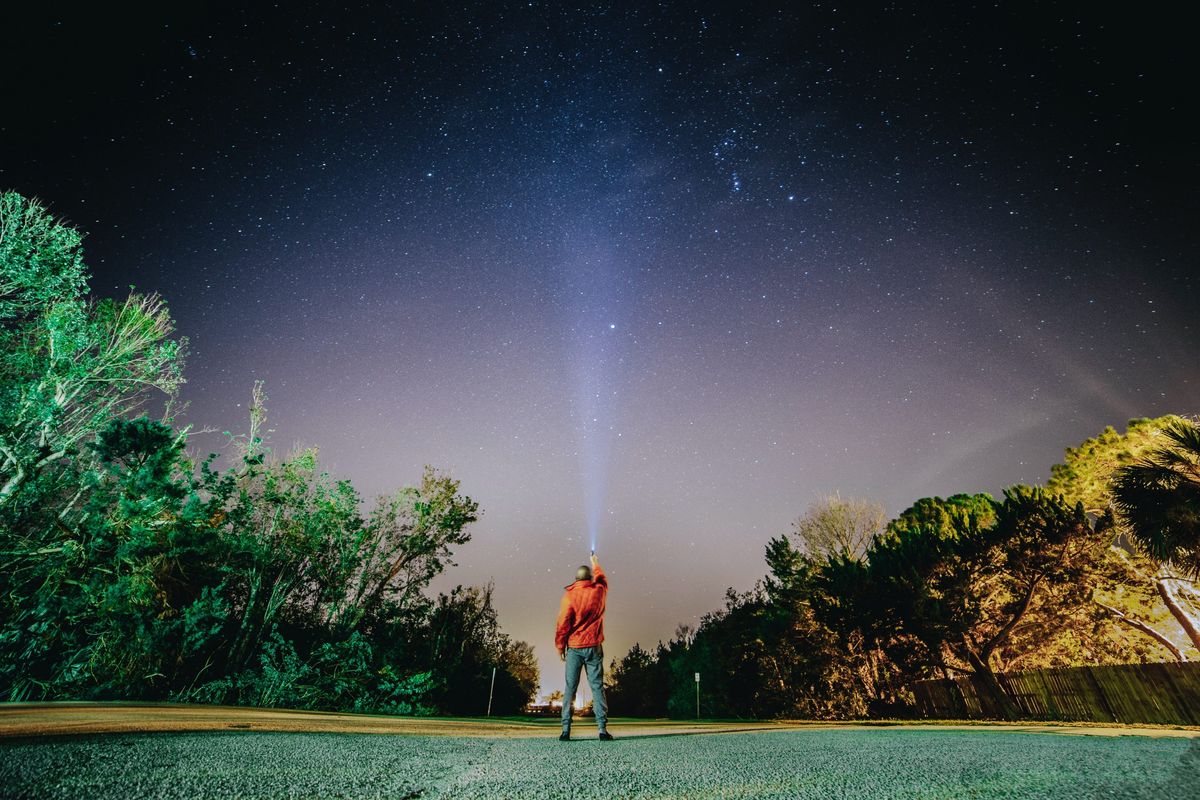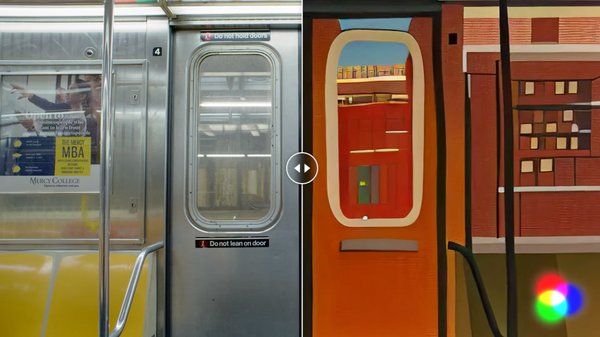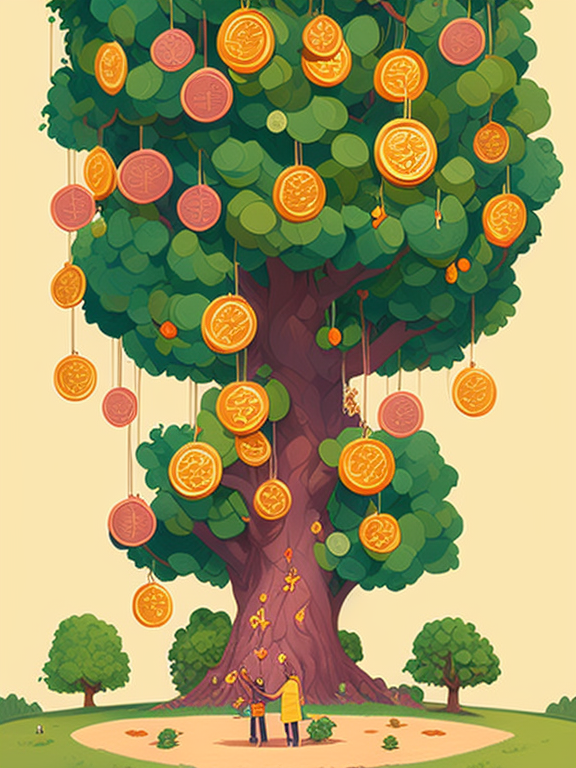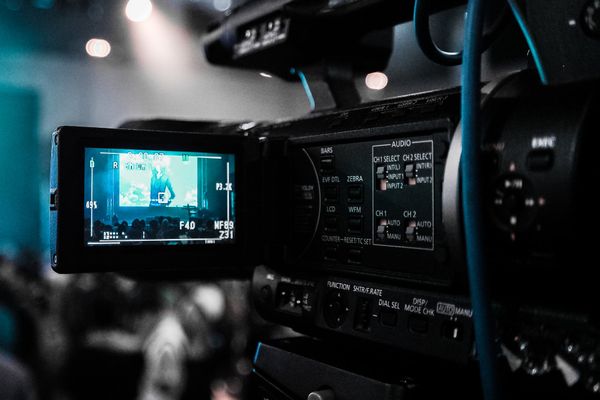Rex Woodbury publishes a great newsletter on Substack called Digital Native, and in his summary this week, he writes:
While Web2 created enormous value, value always passed through a middleman. Centralized platforms—Facebook, Uber, Twitter, YouTube—control the data and make the rules. Web3 is about ownership. It’s about the direct connection between creators and consumers, obfuscating the gatekeepers
Blockchain is the innovation that makes Web3 possible through trusted, secure value transfers. Web3 will remove the brokers and intermediaries who have traditionally monopolized value. Today, we “rent” music plays from Spotify, domain names from GoDaddy, and blog posts from Substack. We aren’t true owners. And creators aren’t the owners either. (Look no further than Taylor Swift’s recent battle to own her art.)
Web3 is about winning back that ownership.
I’ve seen this reasoning pop up a couple times now: If only we had the Web3 running on the blockchain, we’d be free, and especially, creators could be free, free from the middleman, and the control of the big aggregators and platforms.
But while I agree that the next decade of the creator economy will be defined by what Rob calls ‘reclaiming identity’ (that is, creators taking back control over their destinies), I don’t think they have to wait for the Web3 to achieve that.
Today’s web is already (mostly) capable of empowering creators
The technology, for the most part, is all there. The one exception might be Domains, which you probably still want to buy on some marketplace (sure, you could in theory buy a TLD and become your own registrar..but..umm…this isn’t something I’d recommend creators other than MrBeast). But the protocols and systems powering the web have always been about openness.
Nobody is forcing creators to ‘rent’ on Substack or Medium vs owning their WordPress blog. A creator today can control their destiny by investing into the open web, and owning their website. Millions of bloggers have done it. But most next gen creators don’t, and there are good reasons for that.
Why next gen creators don’t use the web to control their destiny
GenZ creators are scrappy and business savvy in ways that do not afford them to overcome massive amounts of friction to get to results. Whatever gives them the results they are aiming for quickest, they’ll invest in. Substack gives them a newsletter effortlessly. Patreon gives them a way to monetize their fans effortlessly. TikTok gives them a platform to upload short videos and get engagement effortlessly. LinkTree gives them a way to solve the ‘link in bio’ problem on Instagram and connect their community effortlessly.
In stark contrast, nothing about the journey to the open web is effortless, at least not if you want to go ‘all in’ and own everything: CMS, server, analytics, comments, newsletter, merch sales. It’s a 100-step process with decision overload: Do I go with a hosted site platform like SquareSpace, or do I invest into my own server? Which CMS should I run? WordPress? Should I buy a theme? How do I make sure it loads fast enough? What about ads? What commenting system? How do I avoid spam? What if I get a DDoS attack? What is ‘domain authority’ and how do I get it? Why is all this SEO info so technical? How can I make my website responsive? Why is video hosting so expensive? How do I get traffic?
In addition to the sheer complexity of starting your own website, we’re not doing a great job explaining to creators for why they should. Many off-web creators I’ve talked to have no idea how bloggers monetize, and how the longevity of web content means that you’re building up a corpus of content over time than keeps paying your bills. They don’t realize that creating a web presence & audience takes longer, but is also much harder to take away again. Boomers and millennials collectively read about the world wide web and its advantages in the 90s, but we’re kind of just assuming that this stuff is obvious now. It’s not.
The sliding scale of ‘rent’ vs. ‘own’
My greater point of this post is that we do not need to wait for the Web3 to give creators the chance to ‘own their house’. But it’s also not an all-or-nothing scenario. There’s a sliding scale of ‘rent’ vs. ‘own’, that goes from “I outsourced my content hosting, audience management, metrics, discovery, engagement and sales” to “I run a server from my kitchen with only open source software and wear a tinfoil hat”.
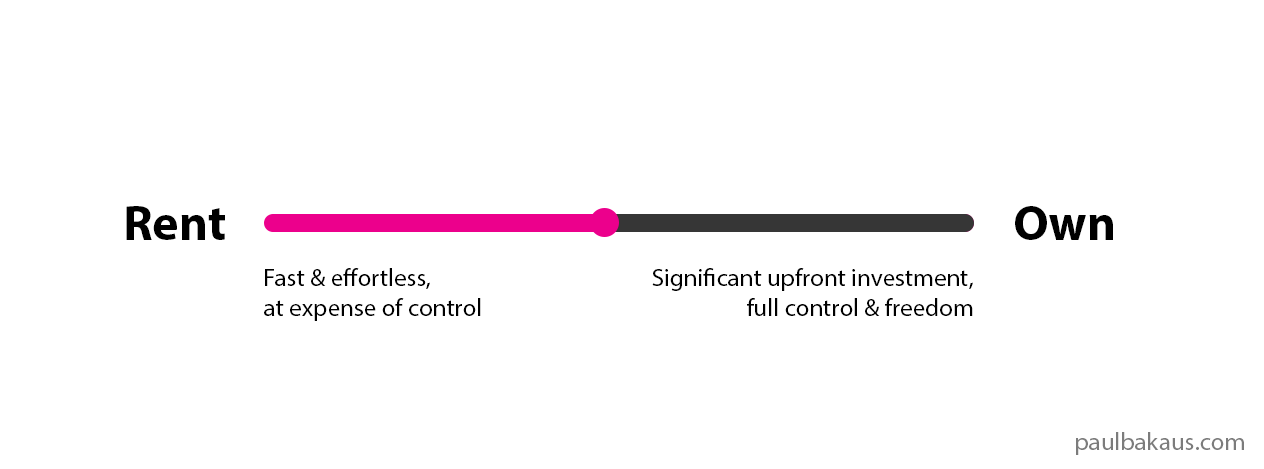
Full independence here comes at a significant cost. It’s possible, but oftentimes not practical. I run WordPress on my blog, but I pay somebody to provide a server for me, I depend on Google and social media for discovery & distribution, and so on. Every creator will have to find their own happy place on their scale, but I see it as our job to explain the consequences. If you compromise on not owning your audience relationship, you could lose it over night. If you don’t own your content, you cannot monetize it freely. If you don’t own discovery, you’re at the whim of the algorithm and opaque, always-changing content policies.
Web2.5
While I’m curious to see how the Web3 (on a decentralized blockchain) will pan out, and agree that there are interesting aspects for it, I for my part will continue to help onboard creators to the current open web. There’s so much low hanging fruit around education, but also streamlining the process.
What about you? Where do you think is the most bang for the buck to enable creators?
